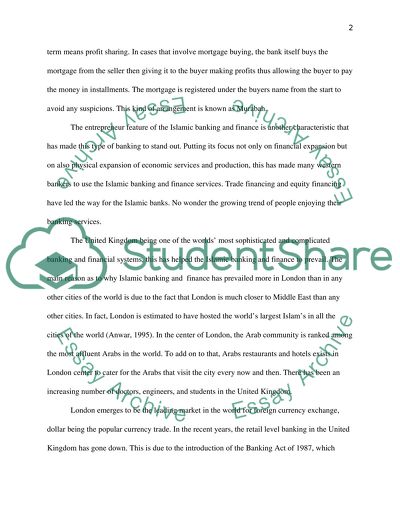Cite this document
(“Islamic Finance Essay Example | Topics and Well Written Essays - 2250 words”, n.d.)
Retrieved from https://studentshare.org/finance-accounting/1395648-islamic-finance
Retrieved from https://studentshare.org/finance-accounting/1395648-islamic-finance
(Islamic Finance Essay Example | Topics and Well Written Essays - 2250 Words)
https://studentshare.org/finance-accounting/1395648-islamic-finance.
https://studentshare.org/finance-accounting/1395648-islamic-finance.
“Islamic Finance Essay Example | Topics and Well Written Essays - 2250 Words”, n.d. https://studentshare.org/finance-accounting/1395648-islamic-finance.


